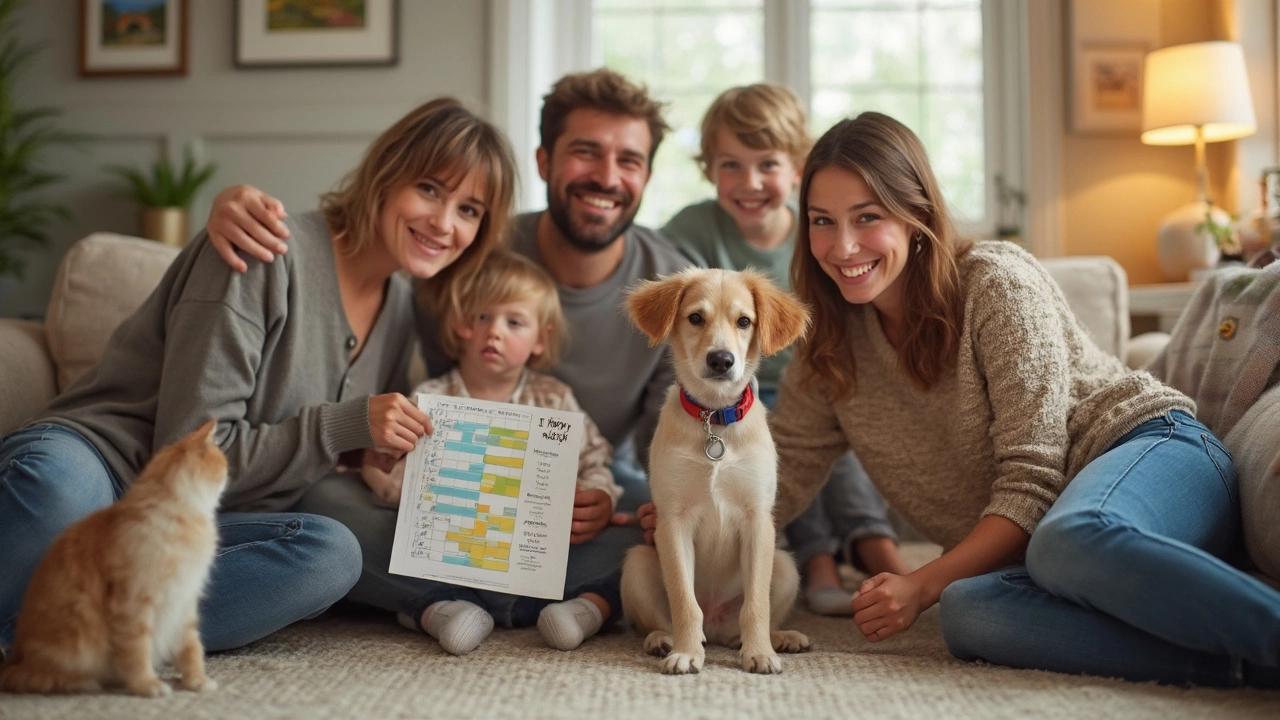Dog Shots: Why They Matter and How to Get Them Right
Most dog owners think vaccination is just a vet visit, but the right shots protect your furry friend from serious disease. In the UK, a clear schedule exists, and following it saves money, worry, and trips to the emergency clinic.
When to Start and How Often
Start the vaccine series at 6‑8 weeks old. Puppies need a core set of shots every 3‑4 weeks until they’re 16 weeks old. The usual core vaccines are:
- Distemper
- Canine parvovirus
- Canine adenovirus (hepatitis)
- Rabies (if you travel abroad)
After the puppy series, a booster at one year locks in protection. Then repeat every three years for most core shots. Some owners add non‑core vaccines like Lyme or kennel cough based on lifestyle.
What Each Shot Does
Distemper attacks the nervous system and lungs; a single dose dramatically lowers risk. Parvo hits the gut and can be fatal – the vaccine is a lifesaver. Adenovirus protects the liver and also covers some forms of hepatitis.
Rabies isn’t required for all UK dogs, but if you plan trips to Europe or elsewhere, a rabies shot keeps you legal and safe. Non‑core vaccines target diseases you might encounter, such as tick‑borne Lyme if you hunt in rural areas.
Side effects are usually mild – a little soreness, low‑grade fever, or a brief limp. Serious reactions are rare; if you notice vomiting, swelling, or collapse, call your vet right away.
Keep a vaccination record in a folder or on your phone. The UK’s Pet Travel Scheme (PETS) requires proof of rabies vaccination and a blood test if you’re moving abroad. Good paperwork makes travel smoother and avoids fines.
Storage matters, too. Dogs can’t be vaccinated with expired or poorly stored doses. Your vet will keep vaccines refrigerated and check dates before each appointment.
Here are three quick tips to make the process easier:
- Schedule the puppy series early – appointments fill up fast during spring.
- Ask your vet about combination vaccines; they reduce the number of needle sticks.
- Reward your dog with a treat right after the shot so they associate the visit with something positive.
When you’re unsure which non‑core shots fit your dog’s life, talk to your vet. Explain your activities – hunting, boarding, dog‑daycare – and they’ll suggest the best extra protection.
Remember, a vaccinated dog is a happy, healthy dog. Sticking to the schedule prevents outbreaks in your neighbourhood and keeps your vet bills low. So, mark those dates on your calendar, keep records tidy, and enjoy a worry‑free life with your companion.
- Morgan Ainsworth
- 0 Comments
Pet Vaccinations: How Often Should You Really Schedule Them?
This guide covers how often pets need to be vaccinated and why sticking to a schedule matters. We break down core and optional shots for both cats and dogs. You'll learn how to adjust for age and health, plus get tips for tracking shots without stress. Read on to clear up confusion and feel confident about keeping your pet healthy.
View More
